Millets play a significant role in promoting hair growth due to their rich nutrient content. Packed with essential vitamins such as various B vitamins (biotin, niacin, folate), minerals like iron, zinc, and magnesium, proteins, and antioxidants, millets offer a holistic combination that supports healthy hair. These nutrients contribute to nourishing the scalp, strengthening hair follicles, and enhancing hair structure, potentially reducing issues like breakage and hair loss. Additionally, some millets contain omega-3 fatty acids, fostering a healthy scalp environment conducive to robust hair growth. While millets are valuable in maintaining hair health, individual variations and other factors can influence hair growth.
Table of Contents
How Can Millet Support Hair Health?
Millets can contribute to healthy hair growth and potentially aid in preventing hair loss due to their nutrient-rich composition. Here's how millets might support hair health:
- Rich in Nutrients: Millets contain essential vitamins (like B vitamins), minerals (such as iron, zinc, and magnesium), and proteins. These nutrients are vital for maintaining healthy hair follicles, promoting hair growth, and preventing hair breakage.
- Iron Content: Some millets, like pearl millet (bajra), are a good source of iron. Iron deficiency is linked to hair loss, and including iron-rich foods in the diet, like millets, can help combat this issue.
- Protein Source: Protein is the building block of hair. Millets offer plant-based proteins that contribute to strengthening hair structure and promoting growth.
- Omega-3 Fatty Acids: Certain millets contain omega-3 fatty acids, which help nourish the scalp and hair follicles, supporting healthy hair growth.
- Antioxidants: Antioxidants present in millets combat oxidative stress that could contribute to hair damage, making them beneficial for overall hair health.
Does Millet Help In Maintaining Hair Growth?
Millets possess nutrient-rich properties that can contribute to maintaining healthy hair growth. Packed with essential vitamins like various B vitamins (such as biotin, niacin, and folate), minerals including iron, zinc, and magnesium, as well as proteins and antioxidants, millets offer a holistic package beneficial for hair health. These nutrients support the nourishment of hair follicles, aid in strengthening the hair shaft, and help prevent issues like hair breakage and hair loss. Additionally, the presence of omega-3 fatty acids in certain millets nurtures the scalp and hair follicles, potentially fostering an environment conducive to healthy hair growth. While not a standalone solution, incorporating millets into a balanced diet with other nutrient-dense foods can potentially contribute to maintaining robust, vibrant hair.
Does Millet Help In Preventing Hair Loss?
Millets, due to their nutrient-rich profile, are believed to potentially aid in preventing hair loss. These grains offer an array of essential vitamins, minerals like iron, zinc, and magnesium, proteins, and antioxidants that collectively support overall hair health. Iron deficiency, for instance, is linked to hair loss, and millets, particularly certain types rich in iron like pearl millet (bajra), can help address this deficiency. Moreover, the presence of proteins in millets assists in strengthening hair strands, reducing breakage, and potentially minimizing hair loss. While millets offer beneficial nutrients for hair health, individual factors, including genetics, hormonal changes, and other health conditions, also play a role in hair loss.

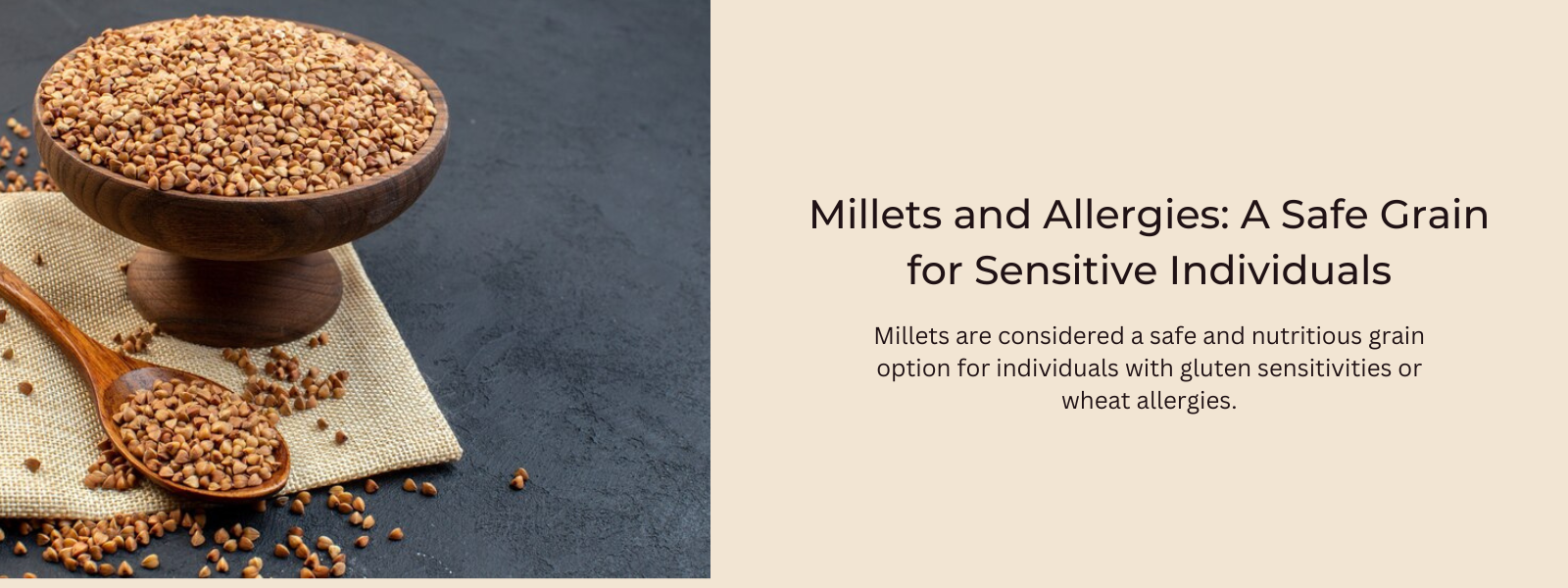
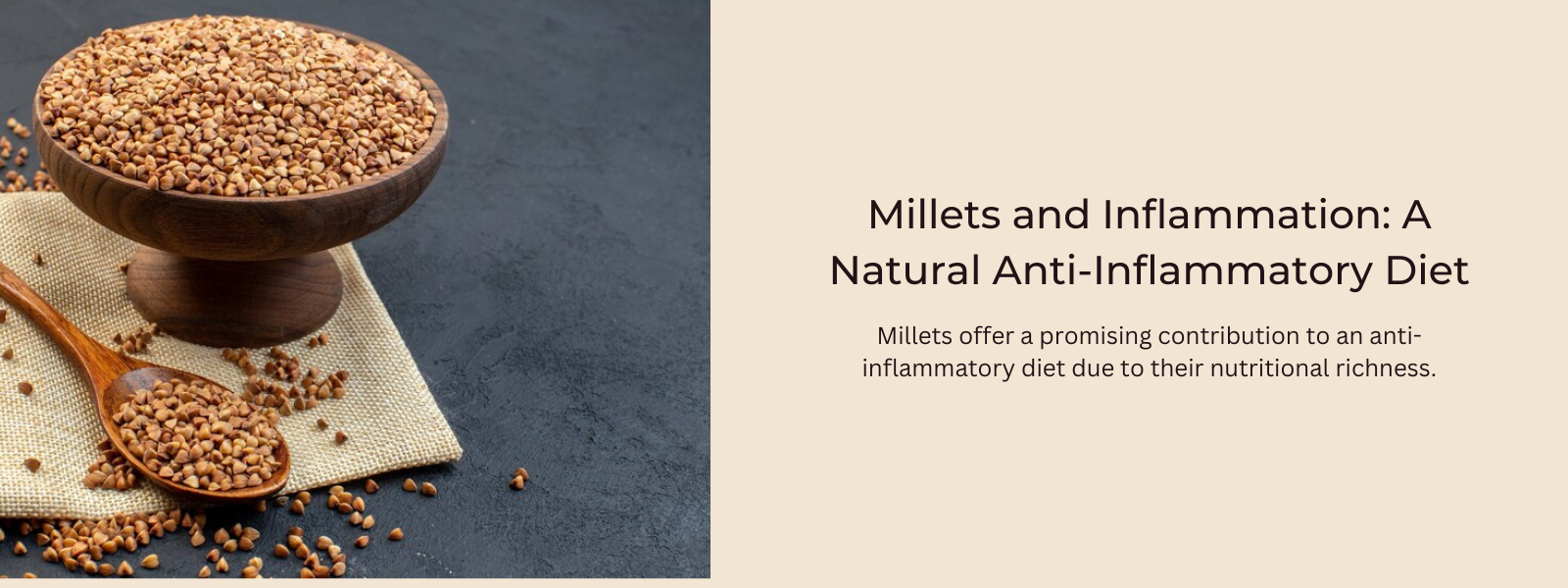
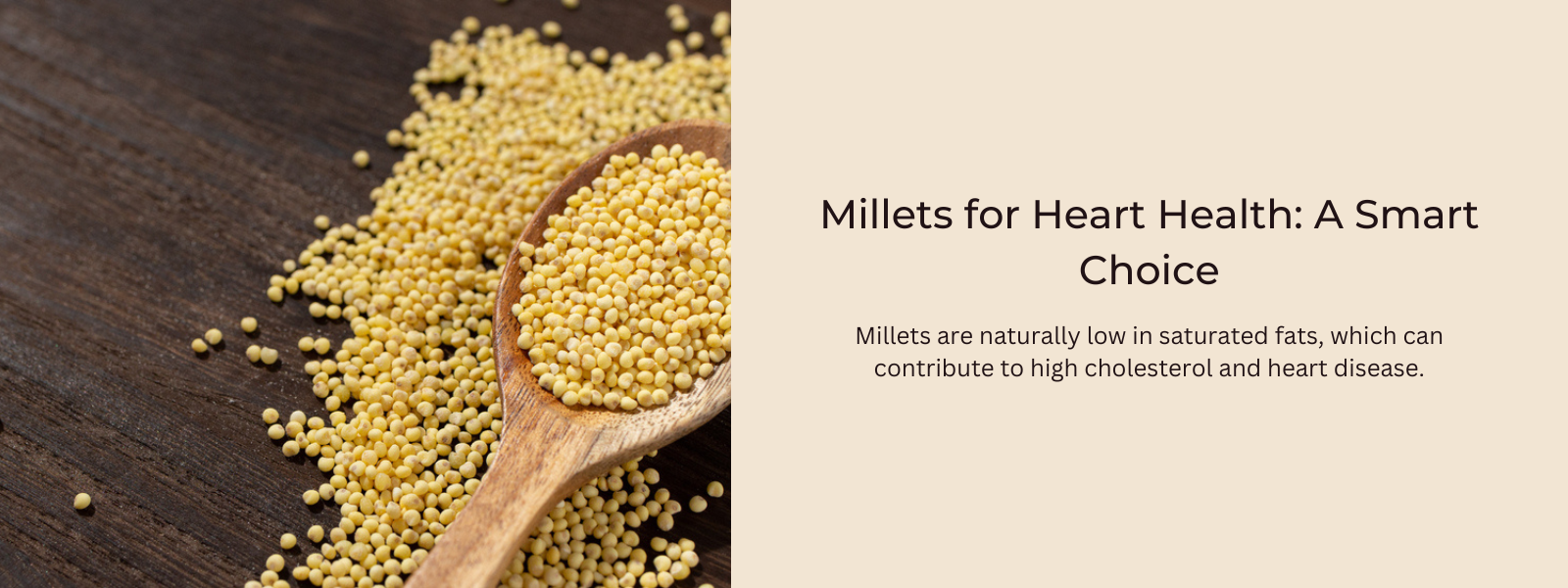
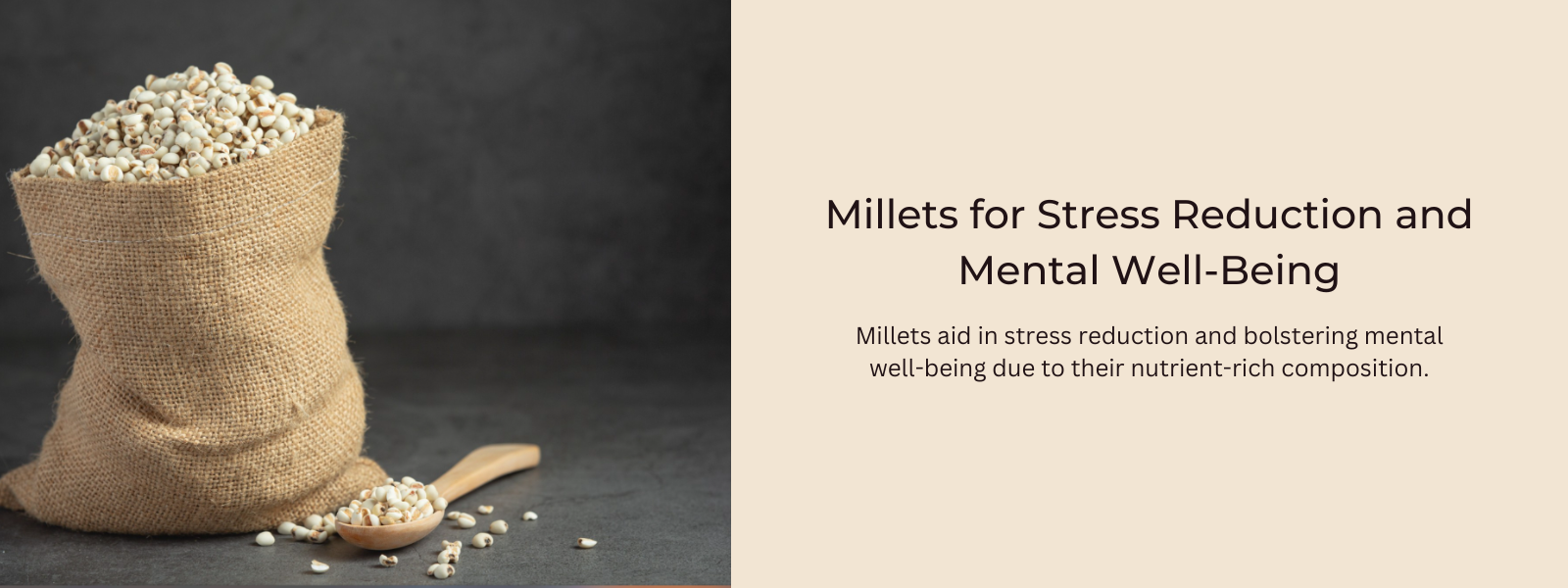
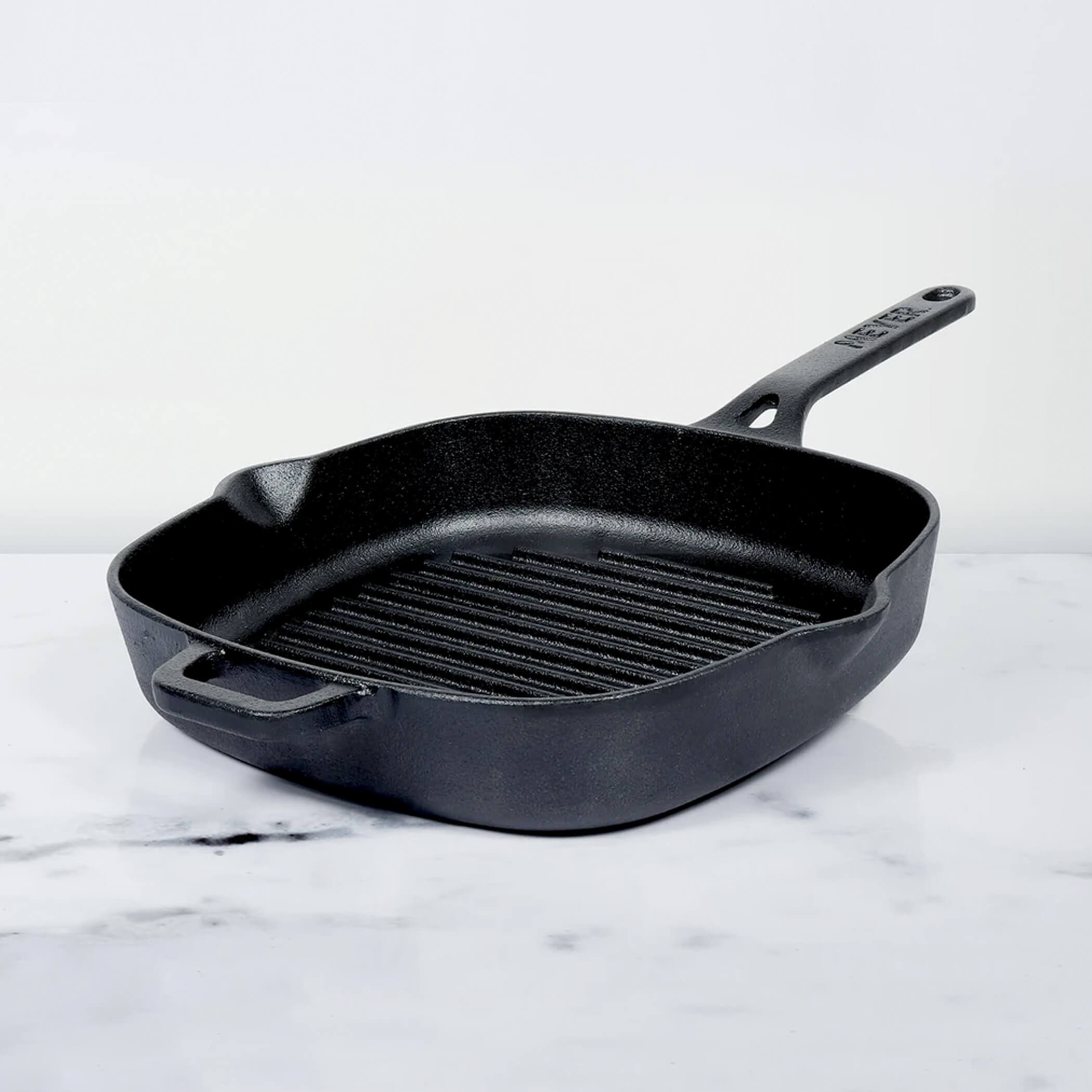





Leave a comment